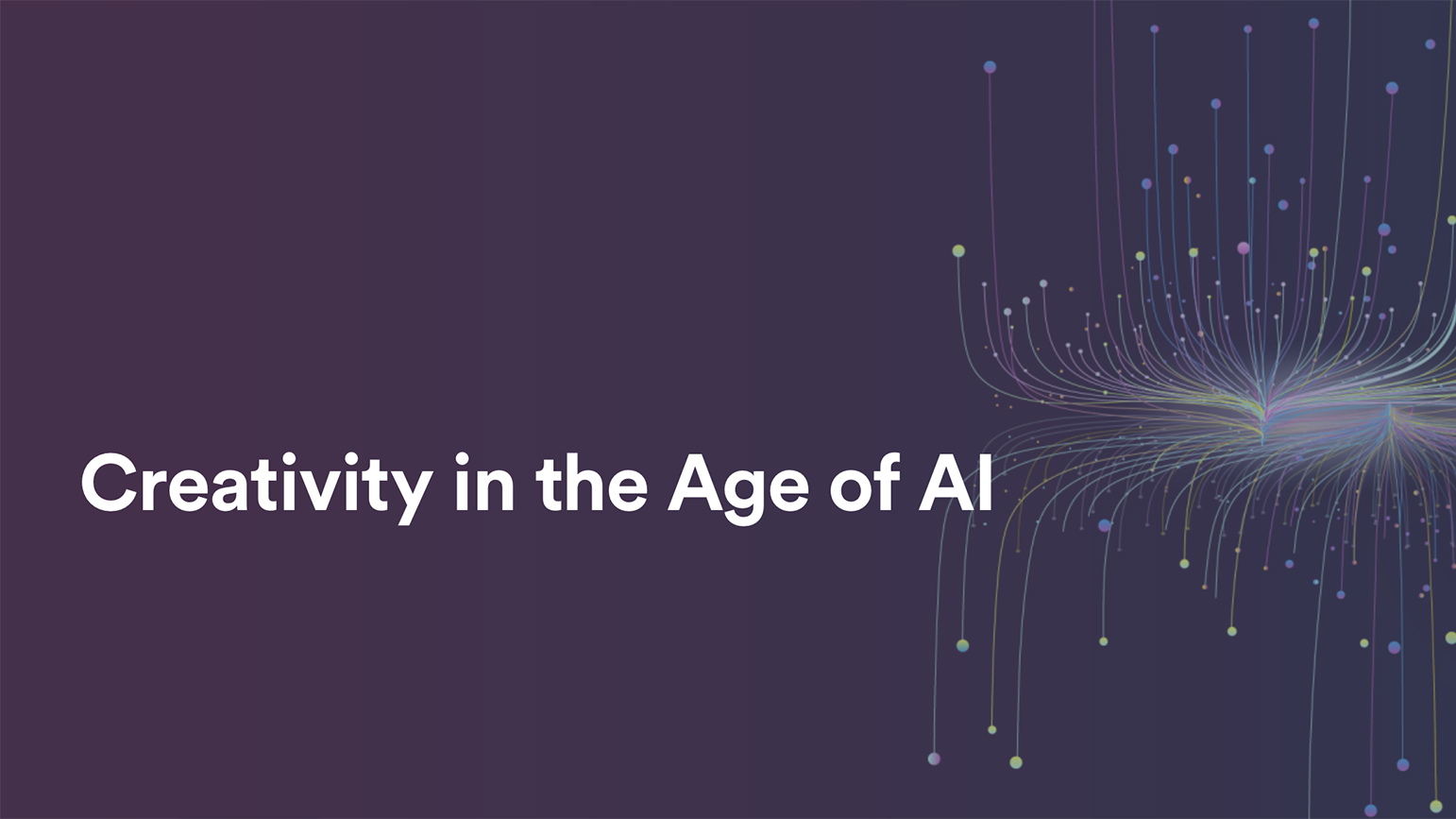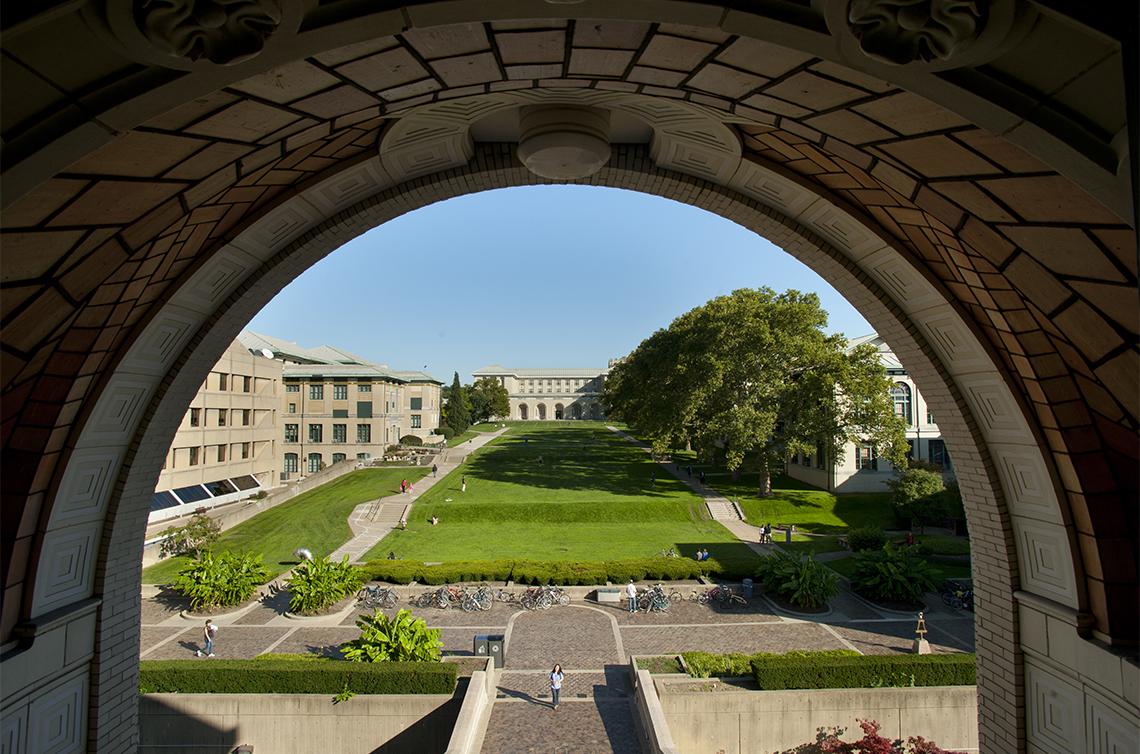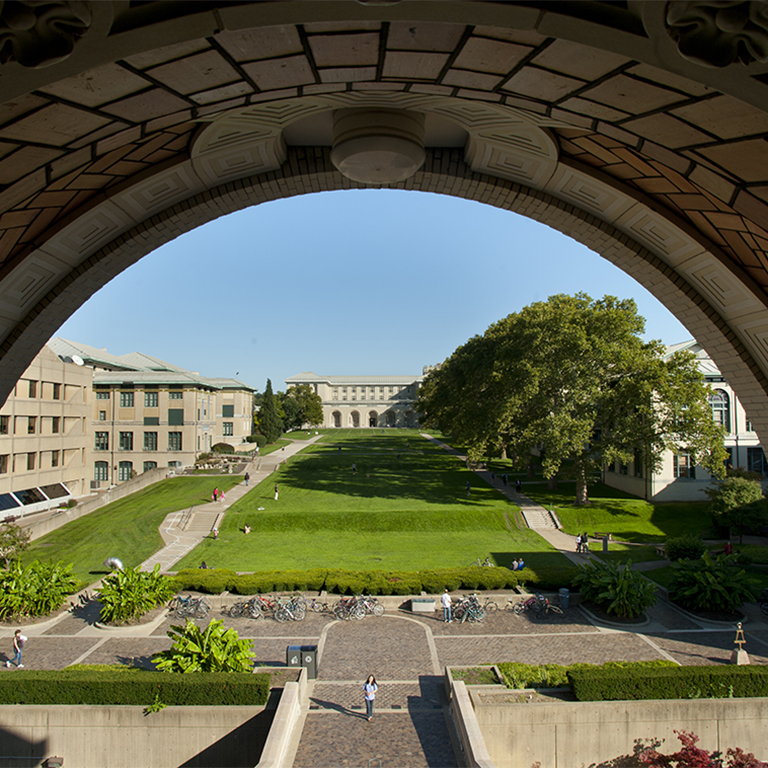
Professor Golan Levin will speak at the symposium “Creativity in the Age of AI: AI Impacting Arts, Arts Impacting AI” at Stanford University on May 24. The symposium brings together technologists, scholars, and creatives – especially those less-heard voices from non-commercial sectors – to discuss creativity in the age of AI from aesthetic, technical, social, ethical and legal perspectives.
AI and other transformative technologies that seem to tap creativity also tap into our most cherished ideas and deepest anxieties about what makes us human. Historically, creative expression—poetry, painting, novels, theater, music—has always been considered a distinguishing feature of humanity and the pinnacle of human achievement.
Generative AI begs answers to thorny questions about authenticity, valuation, provenance, creator compensation, artist copyright, and, by putatively automating creativity, insists we question tacit assumptions about the very nature of creativity and the creative process.
On the one hand, AI-generated and augmented art and language have upended the traditional professional art world, urgently renewing perennial questions about foundational aesthetic norms and valuation: What do we identify as ‘art’? What counts as ‘good’ art? Is artistry defined by ‘agency’ or automation? Just who or what can make art? And who decides?
But the arts are not simply reacting to the latest technology; arts ways of thinking and doing often provocatively challenge technological status quos, questioning – and offering alternatives to – some of the value systems, cultural ideals, and world models tacitly or explicitly informing AI technologies.
At this symposium, hear from artists and technologists about the ways their fields are changing each other.




